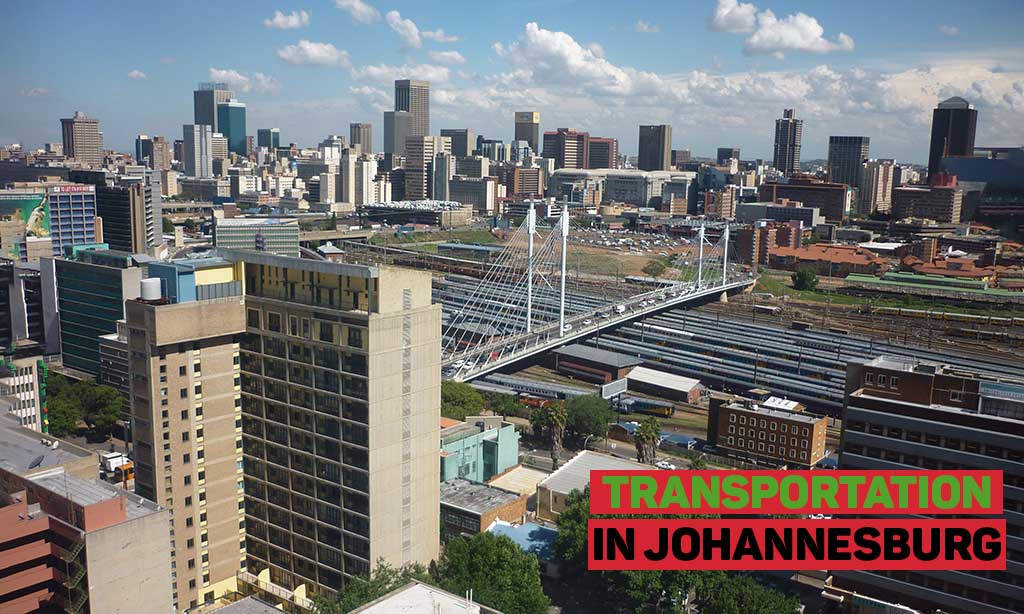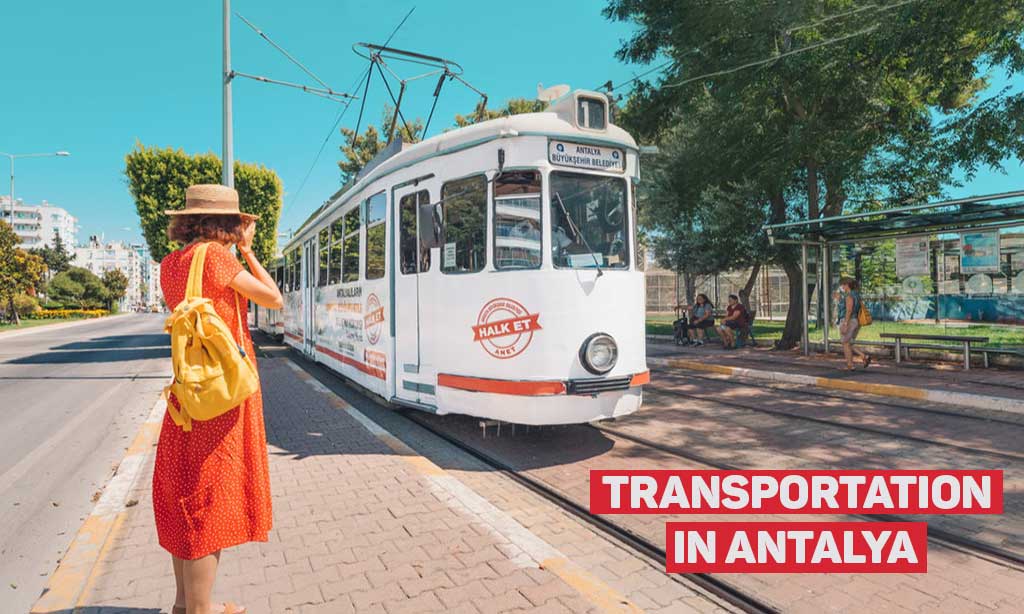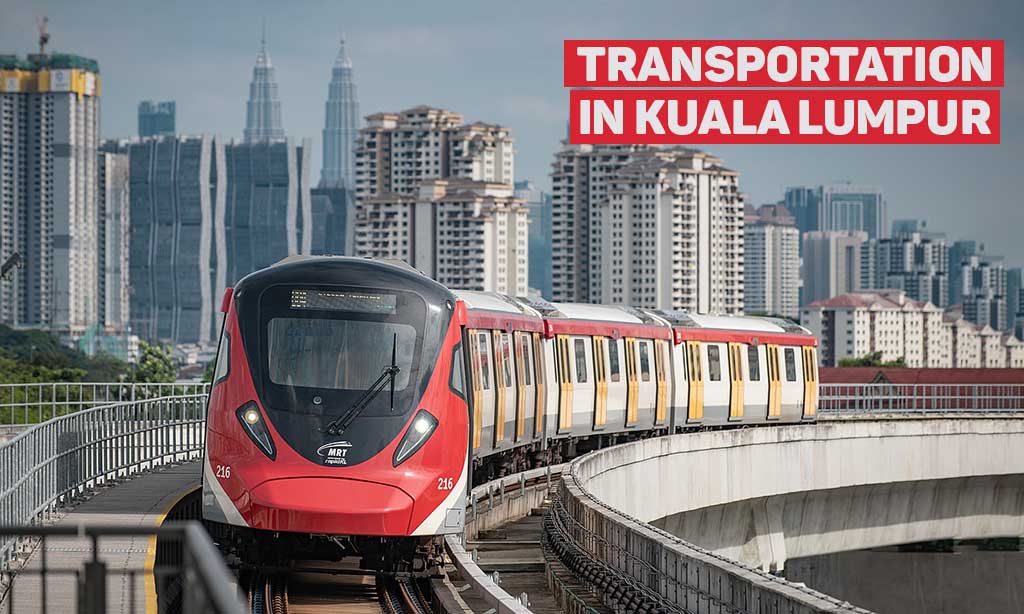Overview: Public Transportation Mexico, being the third largest and second most populous country in Latin America, has developed a comprehensive transportation network to cater to its vast economy. The transportation system in Mexico is overseen by the Secretariat of Communications and Transportation (Secretaría de Comunicaciones y Transportes, SCT).
Operators: The main operators for transportation in Mexico include the federal and state governments for roadways, private companies for rail transport, and various airlines for air travel.
Rapid Transit Systems: Mexico boasts an extensive roadway network that spans the entire country. The roadway network in Mexico has an extent of 366,095 km, of which 116,802 km are paved. This makes it the largest paved-roadway network in Latin America. Expressways, known as autopistas, are primarily toll roads, while non-toll roads are termed as carreteras libres.
Major Airport Services: Mexico has a vast network of modern airports throughout its territory. There are 1834 airports in Mexico, making it the third-largest in terms of the number of airports by country globally. The major airports include Mexico City International Airport, Cancún International Airport, Don Miguel Hidalgo y Costilla International Airport (Guadalajara), and General Mariano Escobedo International Airport (Monterrey).
Commuter Rail: Mexico privatized its freight rail service in 1998. There are metro systems in Mexico City and Monterrey, and light rail systems in Mexico City and Guadalajara.
Buses: Buses play a significant role in Mexico’s transportation system, with various routes covering the entire country.
Table: Transportation Systems:
| Transportation | Name of the Operator | Website URL |
|---|---|---|
| Roadways | Federal Government | – |
| Railways | Private Companies | Link |
| Airports | Various Airlines | Link |
Guide on Ticket Purchasing: For the subway system in Mexico City, fares are based on the distance traveled. There are two types of physical tickets available: single trip and a stored-value card called Yikatong. The Yikatong card can also be used for buses, taxis, and public bicycles. Digital passes can be purchased through Apple Wallet or Easy Pass. The subway operates from 5 a.m. to 11 p.m., with slight variations depending on the station and line.
Major Passenger Airports and Ways to City Centre: The major airports in Mexico include Mexico City International Airport, Cancún International Airport, and Don Miguel Hidalgo y Costilla International Airport in Guadalajara. These airports are well-connected to the city centers through various modes of transportation, including buses, taxis, and subway lines.
Walking & Biking Facilities: Biking is a popular mode of transportation in Mexico, especially in cities like Mexico City. Many roads have dedicated bike lanes, and there are public bicycles available for rent from docking stations. These bikes are free for the first hour and then charge a nominal fee. Additionally, there are undocked bikes available for rent through various bikeshare apps.





